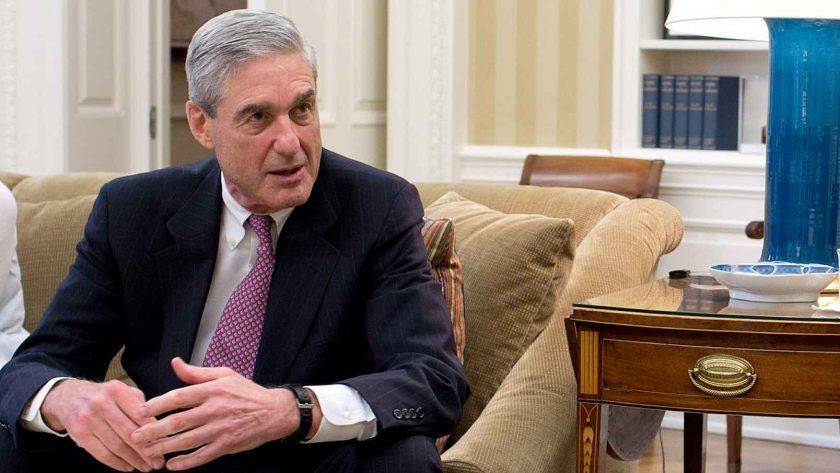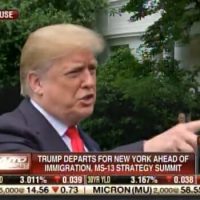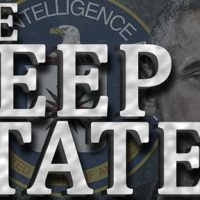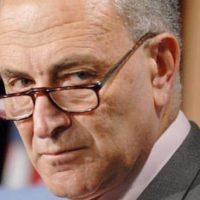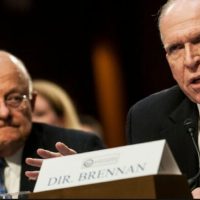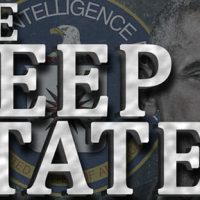On September 4, 2001, Robert Mueller took over the FBI. At his confirmation hearings, fraud had overshadowed discussions of terrorism. And as FBI Director, Mueller quickly diverged from the common understanding that the attacks that killed 3,000 people had been an act of war rather than a crime.
In 2008, Abdullah Saleh al-Ajmi, who had been unleashed from Guantanamo Bay, carried out a suicide bombing in Iraq. Al-Ajmi had been represented by Thomas Wilner who was being paid by the Kuwaiti government.
Wilner was a pal of Robert Mueller. And when the families were having dinner together, Mueller got up and said, “I want to toast Tom Wilner. He’s doing just what an American lawyer should do.”
“I don’t know what he was doing from inside the government. I’d like to find out,” Wilner mused.
We know some of what Mueller was doing. The same official who paved the way for raiding the president’s lawyer, who illegally seized material from the Trump transition team and whose case is based in no small part on illegal eavesdropping, fought alongside Comey against surveilling terrorists. Materials involving the Muslim Brotherhood were purged. Toward the dawn of the second Obama term, Mueller met with CAIR and other Islamist groups and a green curtain fell over national security.
But the surveillance wasn’t going anywhere. Instead it was being redirected to new targets.
Those targets were not, despite the wave of hysterical conspiracy theories convulsing the media, the Russians. Mueller’s boss was still quite fond of them. Barack Obama did have foreign enemies that he wanted to spy on. And there were plenty of domestic enemies who could be caught up in that trap.
By his second term, the amateur was coming to understand the incredible surveillance powers at his disposal and how they could be used to spy on Americans under the pretext of fighting foreign threats.
Two birds. One stone.
While the Mueller purge was going on, Obama was pushing talks with Iran. There was one obstacle and it wasn’t Russia. The Russians were eager to play Obama with a fake nuke deal. It was the Israelis who were the problem. And it was the Israelis who were being spied on by Obama’s surveillance regime.
But it wasn’t just the Israelis.
Iran was Obama’s big shot at a foreign policy legacy. As the year dragged on, it was becoming clear that the Arab Spring wouldn’t be anything he would want to be remembered for. By the time Benghazi went from a humanitarian rescue operation to one of the worst disasters of the term, it was clearly over.
Obama was worried that the Israelis would launch a strike against Iran’s nuclear program. And the surveillance and media leaks were meant to dissuade the Israelis from scuttling his legacy. But he was also worried about Netanyahu’s ability to persuade American Jews and members of Congress to oppose his nuclear sellout. And that was where the surveillance leapfrogged from foreign to domestic.
The NSA intercepted communications between Israelis and Americans, including members of Congress, and then passed the material along to the White House. Despite worries by some officials that “that the executive branch would be accused of spying on Congress”, the White House “believed the intercepted information could be valuable to counter Mr. Netanyahu’s campaign.”
The precedent was even more troubling than it seemed.
See the full story here.
Want more BFT? Leave us a voicemail on our page or follow us on Twitter @BFT_Podcast and Facebook @BluntForceTruthPodcast. We want to hear from you! There’s no better place to get the #BluntForceTruth.

